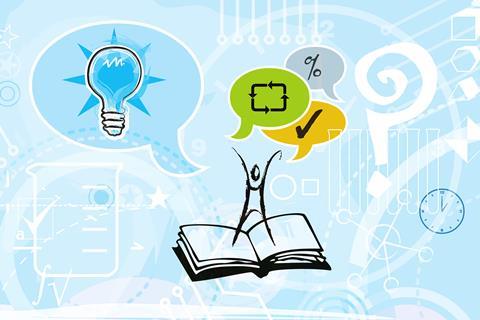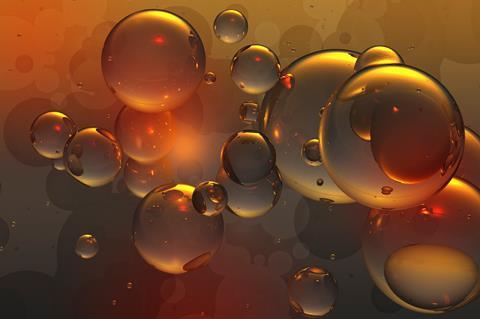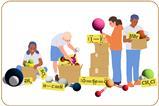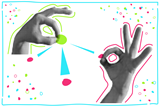Use these research-based tips to help students form scientific questions and ace experimental design

Scientific inquiry is important. The Organisation for Economic Co-operation and Development asserts that evaluating and designing scientific inquiry is an essential competency for a science-literate person. Scientific inquiry competence is required to evaluate reports of findings and appraise scientific investigations. It involves formulating hypotheses, understanding variables and designing experiments.
In a recent study, Yu-Jan Tseng and colleagues found that asking students to read scientific articles and reflect on the experimental designs improved scientific inquiry skills. Following these exercises, students could better form researchable questions and plan experimental procedures.
Teaching tips
- Although teachers may not wish to replicate the six-week programme outlined in the article, you could use aspects of the approach to help your students develop scientific inquiry skills.
- Provide students with an article that relates to a scientific investigation and ask them to: (i) write an abstract, (ii) create an illustration for the article, (iii) ask two questions and provide answers and (iv) share a personal experience that relates to the article.
- You could subsequently share illustrations with the class and ask students to select the best examples, justifying their responses through peer assessment.
- Explicitly address the process of forming a researchable question as a first step in designing an experiment. Ensure that students consider independent, dependent and control variables. Prompt evaluative reflection by asking them to justify their selection of variables as well as whether their measurement of the dependent variable is feasible and accurate.
- Get students to present their experimental design to the class and explain the rationale for the design. Give other students the opportunity to ask questions and to provide feedback where appropriate.
- You could use the scenarios and questions from the article for in-class discussion or to assess students’ inquiry capabilities.
- Note that the students in the study did not go on to complete investigations based on their designs. This indicates that students’ scientific inquiry skills may be enhanced by using these approaches, such as focused reading, where it is not possible to carry out hands-on practical activity.
The researchers investigated the impact of different reading strategies on scientific inquiry performance. They also examined the relationship between students’ evaluative reflection and inquiry capabilities. They divided 134 Taiwanese high school students into two experimental groups (EG1 and EG2), and a comparison group (CG). The study took six weeks, and students completed a pre-test at the end of the first period of the study, a post-test at the end, and a further delayed post-test six months later.
Thought bubbles
During the first week, the researchers gave both experimental groups reading material about the study of bubble dynamics in sparkling water. The students completed tasks associated with the reading. In week two, experimental group students practised divergent thinking, which involved the teacher sharing student-generated pictorial illustrations based on the reading. Students then thought about the factors that cause bubbles in soft drinks. During week three, they formed researchable questions relating to the topic, sharing thoughts about the purpose of an experiment and predicting the result. The students designed an experiment to test their hypothesis in week four, which they then presented to peers during weeks five and six.

The researchers provided EG1 students with opportunities to engage in reflective evaluation at various stages. These included asking themselves and others questions, and providing written feedback on experimental designs towards the end of the intervention. The teacher supported evaluative reflection by posing key questions eliciting discussion and prompting students to revise their thinking. Recognition of variables in designing experimental procedures was emphasised for EG2 students.
The performance tests provided students with text outlining the context of an experiment, an equipment list and an experimental method. Students answered questions relating to the purpose of the experiment, the control variables and the result.
Students in both EGs outperformed those in the CG in scientific inquiry. They were also better at forming a researchable question and experimental design. It was also noteworthy that students with stronger evaluative reflection skills outperformed their counterparts on experimental design.
David Read
Reference
Y-J Tseng, Z-R Hong and H-S Lin, Chem. Educ. Res. Pract., 2022, 23, 616–627 (DOI: 10.1039/d1rp00246e)
References
Y-J Tseng, Z-R Hong and H-S Lin, Chem. Educ. Res. Pract., 2022, 23, 616–627 (DOI: 10.1039/d1rp00246e)














No comments yet